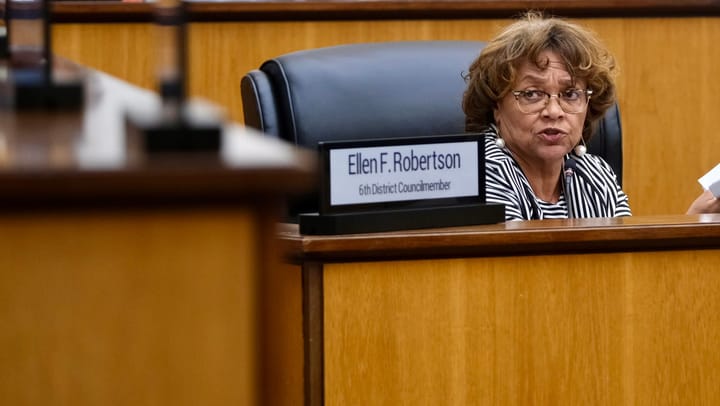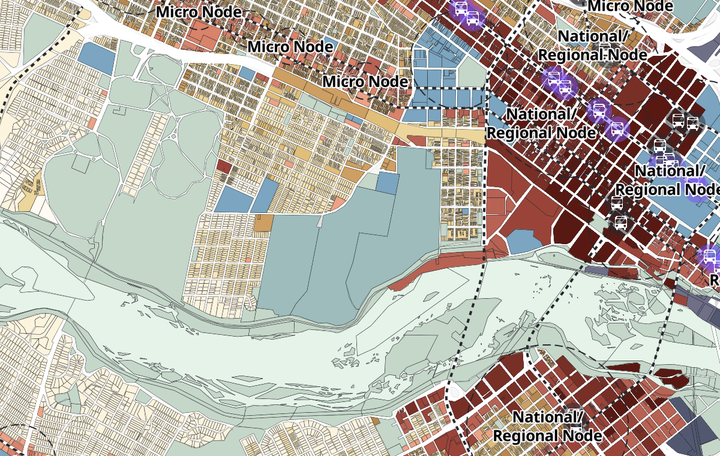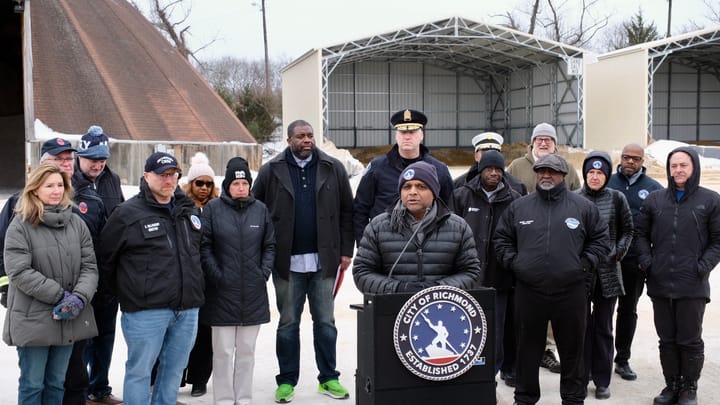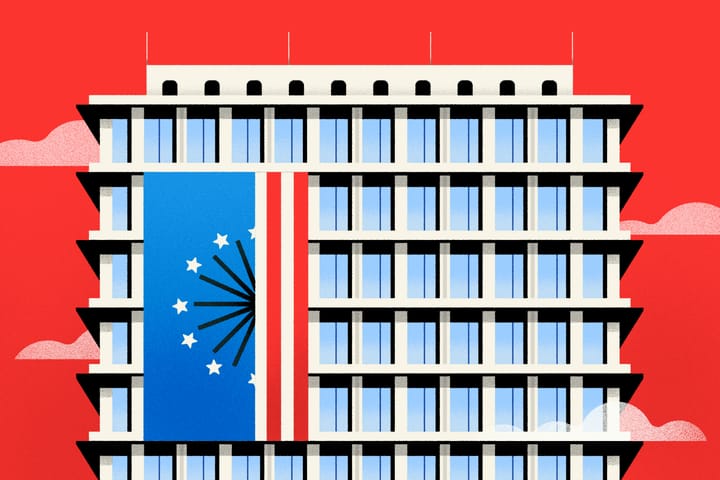Richmond officials vow to begin using surplus city properties to spur affordable housing development
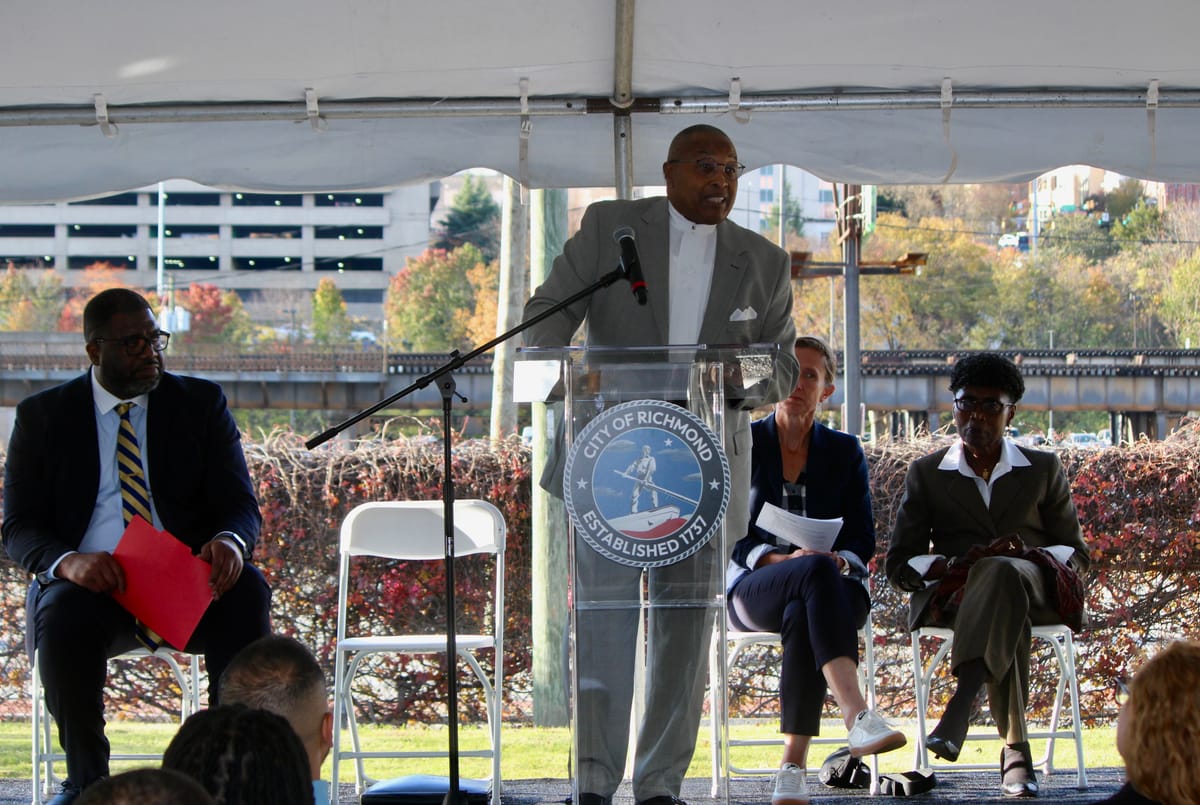
As Richmond continues to look for ways to create more affordable housing, Mayor Danny Avula’s administration says it intends to tap into the scores of surplus and underused properties on the city’s books to drive new development.
“Richmond has really not used its surplus properties, and to activate them to provide affordable housing when you have an affordable housing crisis is pretty exciting,” said Merrick Malone, Richmond’s director of housing and community development.
On Wednesday, the administration formally issued a request for proposals to develop two parking lots it owns in Shockoe Bottom and Manchester into projects with an affordable housing component.
Those solicitations are just the beginning of a new push by the city to leverage the properties in its portfolio to meet one of City Council and Avula’s primary goals of increasing Richmond’s affordable housing stock — an effort Chief of Staff Lawson Wijesooriya summed up as “turning public land into public good.”
City officials have listed numerous benefits they hope to gain from disposing of underused properties for housing. Properties will no longer require city maintenance and will instead begin generating tax revenue, they say. And because the city can choose who to sell its lands to, it can also put its thumb on the scale when it comes to determining what development will look like and where it will go.
“We have parcels all over the city in each council district, and so we’re looking at all of those to see what makes the most sense,” said Malone, who estimated that the city could have 100 or more properties that could potentially be converted into projects with an affordable housing component.
Developers who turned out to the Shockoe Bottom lot Wednesday to mark the issuance of the RFPs said the city’s new strategy will open up much-needed opportunities to build units that can be accessible to people priced out of the current market.
“It definitely makes things easier as the cost of land has gone up,” said Kathleen Kramer, a senior manager for real estate development at Enterprise Community Partners, a national affordable housing nonprofit that over the past decade has built several hundred units in the Highland Park, Gilpin and Jackson Ward neighborhoods.
Matt Morgan, senior director of affordable housing for nonprofit Project:Homes, which not only builds affordable units throughout the Richmond region but runs repair programs that allow lower-income residents to remain in their homes, also pointed to land costs as a challenge.
“We’ve had to get competitive on the market to acquire land, and it’s been very hard to do that up against for-profit developers,” he said. “So by the city making opportunities like these where we can compete on an affordability level, it’s just more opportunity for all of us to do what we do well.”
Contact Reporter Sarah Vogelsong at svogelsong@richmonder.org
The Richmonder is powered by your donations. For just $9.99 a month, you can join the 1,200+ donors who are keeping quality local news alive in Richmond.


